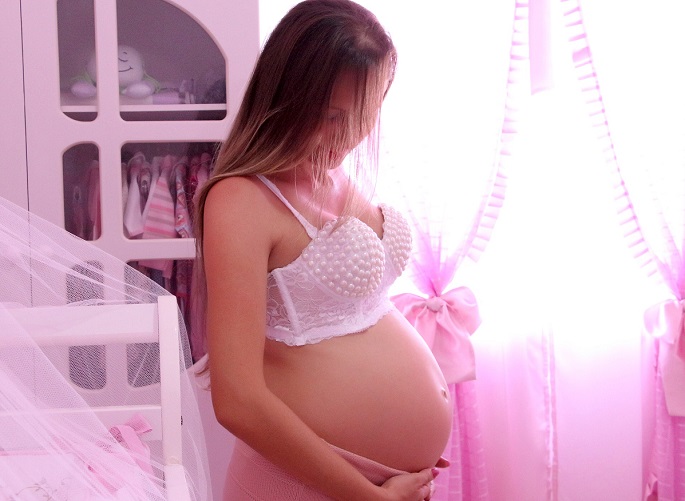73% of U-35 women in Finland are childless
Published : 11 Jan 2024, 03:31
Updated : 11 Jan 2024, 03:33
More and more women under the age of 35 are childless as 73 per cent of women aged 20–34 have not given birth, according to a study conducted by the Finnish Institute for Health and Welfare (THL).
The Healthy Finland Study showed that the number of nulliparous women has increased by as much as eight percentage points since 2017, said the THL in a press release on Wednesday.
The number of births among women over the age of 35, on the other hand, has increased and the proportion of those who have given birth has increased by two percentage points.
Childlessness does not apply only to women. According to earlier statistics, there has also been a large increase in the proportion of childless men.
“The results are significant both from the point of view of society and at the level of individuals. A declining birth rate leads to a situation in which the number of people outside working life increases in proportion to people of working age,” said THL Development Manager Satu Majlander.
“When people get older, they may not necessarily be able to get pregnant anymore. Pregnancy and giving birth at an older age involve risks that may weaken the health of the expecting mother and the foetus. The increasingly common overweight among women also increases complications during pregnancy,” Majlander continues.
The birth rate has been declining for a long time and there are no simple solutions for increasing it.
“Talking positively about the life of families with children could encourage those who are hesitant about having children,” said Research Manager Reija Klemetti.
“In addition, the structures of society should support starting a family better. Starting a family and having a career should also be possible for women of reproductive age, Klemetti said, adding, “life should be made easier for families with children by supporting the coping of the parents and, for example, by safeguarding high-quality early childhood education and care and an opportunity to get an affordable apartment for the family.”
The majority of those who participated in the study wanted to have children. 39 per cent of women and 44 per cent of men under the age of 50 say they would like to have children in the future. Wishes to have children are most common among under-30-year-olds and decline after that.
Sixteen per cent of women and 11 per cent of men aged 30–74 have experienced unintended childlessness.
About 60 per cent of those who have experienced unintended childlessness have sought infertility examinations or assisted infertility treatments, and about one half of them have had a child with the help of the treatments.
“Fertility counselling provides information both on the prevention of pregnancy and on its biological preconditions. The counselling should be made part of health education at school and part of the health checks and other counselling of women of reproductive age. This way, no one’s wishes to have children would remain unfulfilled, at least not because of ignorance,” said Klemetti.
For some of those women and men who have chosen voluntary childlessness, the reason for the decision is that they do not want to have children of their own. For some, it may be the financial situation or insufficient support from society.
“We know from previous studies that those who have chosen voluntary childlessness are satisfied with their lifestyle and do not want to give it up. For those who have already had a child, the main reasons for not wanting to have more children is a suitable number of children, the parents’ own coping and reconciliation of work and a family,” Klemetti added.
Other themes related to gynaecological diseases were also examined in the study. According to the study, 45 per cent of women under the age of 50 have heavy periods. Furthermore, as many as 51 per cent of women aged under 50 suffer from severe period pains.
“The causes of these problems should be examined and treated as, at worst, they may complicate life considerably. Hormone therapy is a suitable treatment for period pains and heavy periods for most, and people should not be afraid of using it if necessary. It is regrettable that, with the exception of contraception and visits to maternity and child health clinics, many must in practice pay for gynaecologist's appointments themselves in the private sector," said Chief Physician of THL Lara Lehtoranta.


